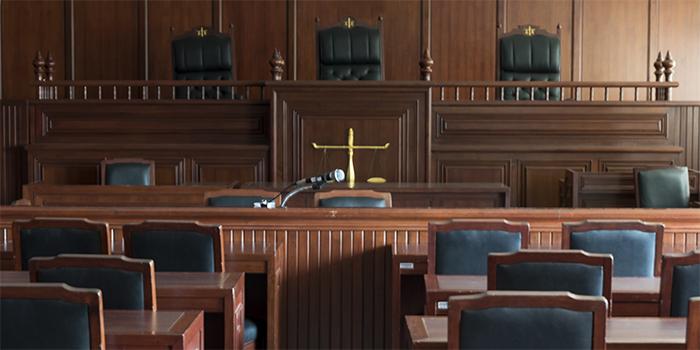
POUGHKEEPSIE – Dutchess County Executive Marc Molinaro announced the county is establishing, supporting, and funding a veterans treatment court, with the support of two judges and several agencies.
The new court, backed by County Court Judge Jessica Segal, City of Beacon Judge Gregory Johnston, the County Office of Probation and Community Corrections, and Mental Health America (MHA) Vet2Vet Program is designed to adjudicate cases of offenses involving veterans, specifically those living with trauma, addiction or mental illness related to their service.
The New York State Office of Court Administration recently approved the County’s proposal for the new courts, which will begin next week with a “soft launch” and will be fully operational by the fall.
“Our veterans are our American heroes, and sadly many of them return from duty with mental scars that make their reintegration into their community difficult, often resulting in their entry into the criminal justice system,” Molinaro said. “Dutchess County is proud to establish this veterans court to help divert these heroes away from incarceration and into the proper treatment programs that will support their recovery, diminish their chances of reoffending, and restore their connections to their community.” He also expressed his thanks to Judges Segal and Johnson for assisting with the new court.
The veterans treatment court has two tracks – felony and misdemeanor. Felonies will be addressed in county court in Poughkeepsie under the jurisdiction of Judge Segal, who has been instrumental in working with County Probation and Community Corrections in making the veterans treatment court – the first of its kind in Dutchess County – possible, according to Molinaro.
Misdemeanors will be handled in Beacon under the jurisdiction of Judge Johnston, as an offshoot of the existing drug court. The new courts will serve as an alternative to incarceration, offering veterans treatment, structure, and accountability, while also connecting them to the benefits their service has earned them. Veterans who repeatedly face such charges associated with addiction, homelessness and the like, will be eligible to participate in the new court.
“The veterans court model is a team effort, comprised of local stakeholders interested in making a real impact in our veterans’ lives,” said Segal. “More than a guilty verdict, we are focused on rehabilitating these men and women who have defended our nation, giving them a second chance to turn their lives around and constructively contribute to their community.”
First established in Buffalo in 2008 and replicated throughout the United States, the veterans treatment court model offers veterans facing misdemeanor drug cases with a veteran mentor, who engages with the veteran throughout the process, as well as veteran-specific treatment to address the underlying issues that caused them to offend. To ensure its effectiveness, the court requires a team of officials to work with the veteran and each other, including a representative from:
- the New York State Office of Court Administration;
- the Dutchess County Department of Behavioral and Community Health;
- the Dutchess County Office of Probation and Community Corrections;
- the Dutchess County District Attorney’s Office;
- the Dutchess County Public Defender’s Office; and
- a local veterans advocacy organization.
The Dutchess County veterans treatment courts will be facilitated by MHA’s Vet2Vet program, which helps connect service members with fellow veterans to help them find the services and resources they need to heal, including support groups, social activities, assistance in finding housing or employment, advocacy for benefits, and others. Vet2Vet and the other partner agencies will keep working with veterans after treatment to keep them engaged and on track for continued, sustained recovery.
Vet2Vet program director Anthony Kavouras said their Vet2Vet program “works to give veterans the opportunity to help fellow service members on their transition back home. The veterans treatment court will be another tool we can use to help veterans who are struggling with issues related to addiction, mental health, or homelessness and are faced with legal ramifications of their actions.”
The model also requires the veteran to make regular court appearances, have mandatory attendance at treatment sessions, and undergo random and frequent testing for drug and alcohol use. Veterans facing violent felony charges are not eligible for participation in the new court.
Dutchess County Office of Probation and Community Corrections Director and Chair of the Criminal Justice Council, Mary Ellen Still said, “Dutchess County remains committed to improving the criminal justice system. This collaboration will create another resource to make the system even more efficient and effective at helping those veterans who find themselves involved in it to receive the services and interventions they need to return to being successful members of society.”
Adam Roche, director of the Dutchess County Division of Veterans’ Services, said, “Our veterans have served our country and we are here to serve them, particularly in times of need. The veterans treatment court will assist many local veterans in getting their lives in order following their service.”







